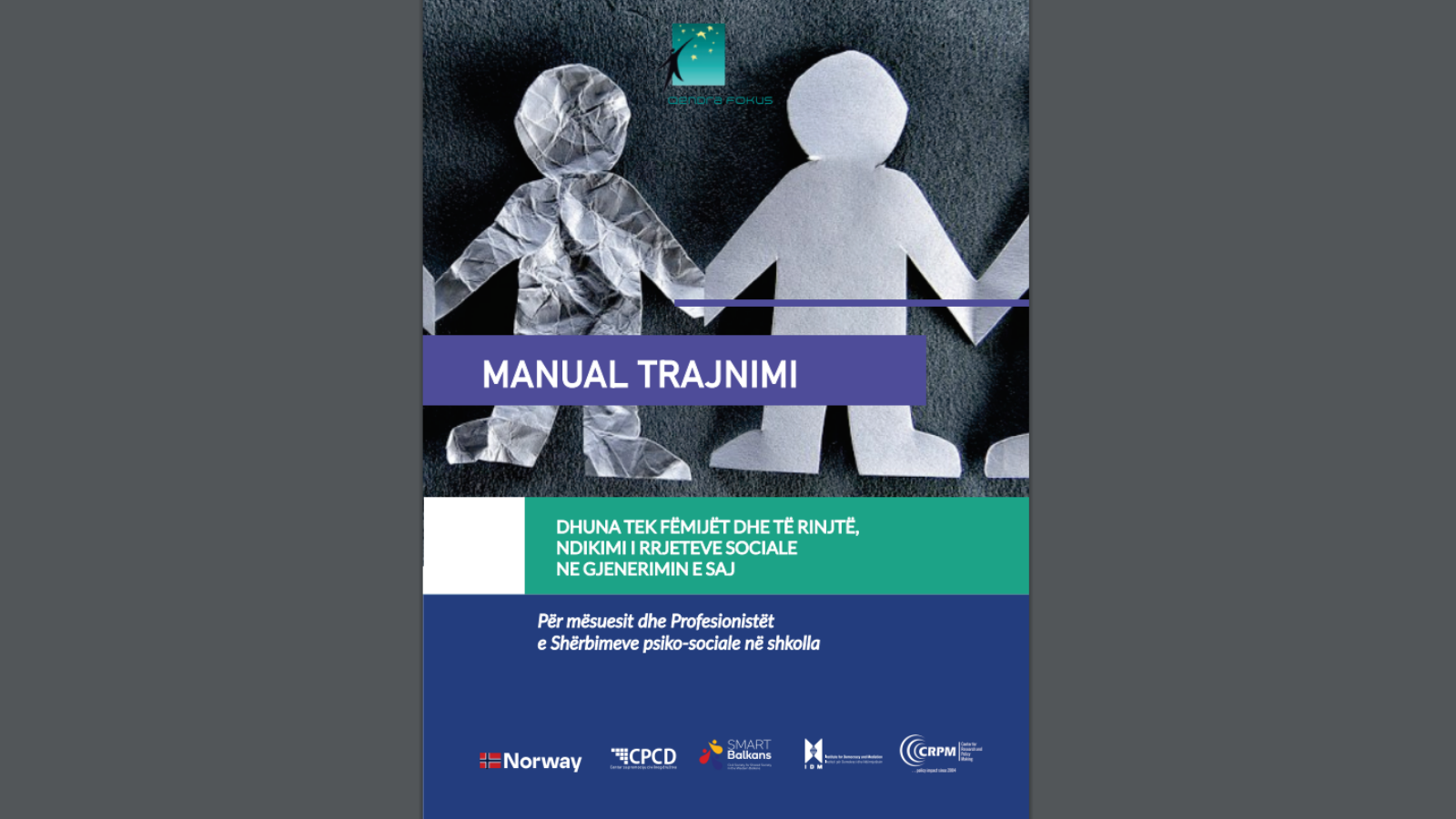In every society, the behavior of parents and adults towards children is determined by the laws in force, the prevailing moral code of society, as well as the norms of behavior that society respects.
The number of children who got a Protection Order as victims of family violence in 2021 was 612 (288 males and 324 females). According to a study by Balkan Epidemiological Study on Child Abuse and Neglect, in Albania, around 12% of children are victims of sexual harassment, and about 5% of them are victims of sexual abuse.
Parents, caregivers, educators, and community members have the responsibility to nurture and support children and youth during their transition to adulthood. The pandemic changed family situations in many ways. With more than 55 million students transitioning to virtual learning and this method made it more difficult for teachers to identify possible abuses. Educators are often the first to discover and report potential issues. One of the factors that influences the perpetration of violence by students is direct exposure to violence, whether through video games or television. Despite the profound benefits of the Internet, children and young people can face a number of risks. They may be exposed to age-inappropriate content or inappropriate contacts, including potential perpetrators of sexual abuse. They also face online privacy risks arising from data collection, and the collection and use of location information.
We still remain a traditional society, which is based on solving problems through force. In most cases, those who abuse children are people close to them: parents, cousins, teachers and close family friends. Talking about sexual abuse teaches children about self-defense mechanisms and to know where to seek help. One of the signs of abuse is isolation and unwillingness to talk about what happened. Studies prove that an abused child who doesn’t get the services they need in a timely manner is more likely to suffer the consequences in the long run. Psychosocial counseling is a service offered by a professional counselor to an individual, family, or group with the aim of improving well-being, alleviating stress, and expanding coping abilities. Psychosocial counseling services typically involve psychosocial assessment, counseling intervention based on a counseling service plan, and post-counseling follow-up.
Counseling enables the child to express emotions, worries, thoughts, fears, etc. and aims to restore feelings of dignity and self-esteem. The child is helped to find solutions (strategies coping/problem-solving skills) through listening, empathizing, being supportive and understanding.
The manual provides guidance, information, and resources to help educators and professionals address and understand the impact of violence among children and youth, especially considering the role of social networks in shaping these behaviors.
Read the full document here: Training Manual “Violence against children and youth, the influence of social networks.”Training Manual “Violence against children and youth, the influence of social networks”








